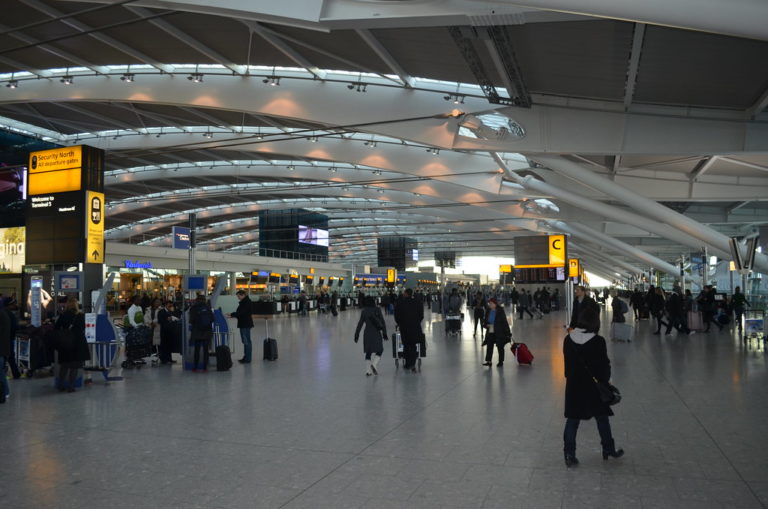SMEs more upbeat about their 2023 prospects, Barclays SME Barometer reveals

More than two-fifths (41 per cent) of UK small and medium-sized businesses (SMEs) feel optimistic about the prospects of their own business, the highest level in nine months, according to the Barclays SME Barometer.
Yet more than half (55 per cent) are expecting revenue growth this quarter compared to the same period last year, with a third (33 per cent) planning on recruiting new staff in 2023
The quarterly Barclays SME Barometer combines billions of merchant transactions, processed by Barclaycard Payments, with research data to provide an in-depth look at the UK SME economy.
Barclays SME Barometer data reveals an increase in the number of small and medium sized businesses (SMEs) feeling positive about their future, following a difficult second half of 2022.
Over two fifths (41 per cent) report feeling optimistic about their own business prospects, the highest level in nine months, since Q2-22 (43 per cent), whilst only 15 per cent report feeling pessimistic. More than half (55 per cent) of SMEs expect their business to grow this quarter, compared to the same period last year.
The research found that this growth is due to lead to further employment, as a third of SMEs are investing in recruiting more staff in the next twelve months. On average, businesses intend to make seven new hires each in the next quarter. That’s an additional one, new hire when compared to the same period last year.
Read more - National Enterprise Network launches report on value of SME economy
This comes as data from Barclaycard Payments, which processes nearly £1 in every £3 on credit and debit cards in the UK shows card payments to SMEs grew 3.5 per cent year-on year, as businesses enjoy a full first quarter free of any pandemic restrictions.
Despite the business optimism, wider economic concerns, such as high energy prices, continue to put pressure on SMEs. In fact, almost three-quarters report feeling worried about their energy bills. In response, more than half are now looking for ways to reduce the amount of energy they use to combat rising costs.
Overall, the issues small business leaders highlight as the greatest challenges over the next twelve months are the strength of the domestic economy, inflation and increased utility bills. Yet, despite these concerns, only one in five felt pessimistic about prospects of the sector they operate in.
As businesses continue to remain positive about their own prospects, on average SMEs expect their businesses to increase revenue by 11 per cent by the end of year compared to Q4-22. With growth expected to be in the double digits year-on-year, leaders are keen to invest money back into their businesses.
A third plan on recruiting new staff and 29 per cent plan on purchasing new equipment or technology to support business growth.Twenty nine per cent will invest further in marketing to promote their business, but just under a quarter will be reskilling or upskilling their current workforce.
Colin O’Flaherty, Head of SME at Barclaycard Payments, said: “The last few years have seen huge shifts for SMEs and they have had to become increasingly agile, adapting their businesses to support growth. Therefore, it’s encouraging to see more businesses reporting optimism about their prospects going forward and investing to future proof their revenue streams.
“Whilst SMEs remain optimistic, the impact of the wider economic climate means support for our local SMEs is key to navigating any further challenges that may come their way.”
Read more - Report finds economic climate negatively affecting number of permanent hires













